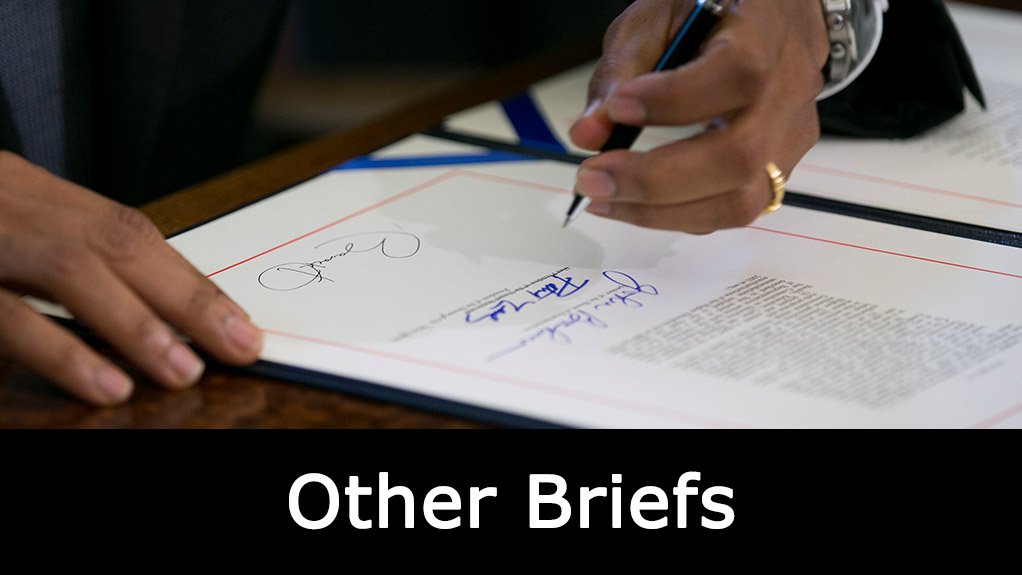Many businesses are currently struggling financially during the Covid-19 lockdown which commenced on 27 March 2020 and, at the time of writing, is set to end on 30 April 2020. The lockdown has created difficulties for businesses which amongst other things includes the ability to pay rent.
Under normal circumstances, failing to pay rent constitutes a breach of a lease agreement and entitles a landlord to cancel the lease, in which event the tenant is obliged to vacate the premises. If the tenant refuses, the tenant would be in unlawful occupation and the landlord would need to bring an eviction application to court. Without a court order, the landlord is not able to prevent a tenant from entering or occupying the premises. The recourse for a landlord who owns a commercial as opposed to a residential property, is that the former is required to bring an application to court and the latter, in addition to the application, must comply with the Prevention of Illegal Eviction from and Unlawful Occupation of Land Act, No. 19 of 1998.
Exceptional times and force majeure
These are, however, exceptional times and pursuant to legislation, all evictions have been suspended for the duration of lockdown. Any eviction proceedings which were instituted prior to the start of lockdown will only be heard after it ends and no new eviction proceedings may be instituted during lockdown.
It is important to determine whether any special legal defences have arisen which may enable a tenant to successfully oppose a landlord’s attempt to cancel the lease and evict the tenant from the premises.
Many leases contain a “force majeure” (literally, “overwhelming force”) clause which, in general terms, excuses the parties from performing their obligations when a force majeure event occurs and for the duration of the event. Typically, war, civil riot, strikes, government action, inclement weather and other acts of God over which the landlord and the tenant have no control, are included as examples of force majeure events. The clause normally states the procedure to be followed where one of the parties wishes to trigger the provisions of force majeure and enjoy the protection it affords.
Where a lease agreement in question contains a force majeure clause and the tenant is able to demonstrate that it was lawfully entitled to withhold the payment of rental during the period in which it was precluded from occupying the premises pursuant to lockdown regulations, this defence will likely be upheld.
When the lease agreement does not contain a force majeure clause, a tenant which has not been able, due to lockdown regulations, to occupy the premises and has failed to pay rental for the specific period, may nonetheless be able to rely on the common law doctrine of supervening impossibility to resist the landlord’s claim for cancellation of the lease based on non-payment. This doctrine provides in essence, that where an event occurs which renders the performance by a party of its obligations impossible, that party is excused from preforming its obligations for so long as such impossibility endures. However, reliance on this doctrine may be precluded by an express provision in the lease.
It is clear that before a tenant can even consider raising the abovementioned defences, careful scrutiny of all of the provisions of the lease is required. A reason for this is that an unjustified contention on the part of the tenant that it is entitled to rely on the existence of force majeure or supervening impossibility, could entitle the landlord to claim a cancellation of the lease as a result of its repudiation by the tenant. Therefore, a prudent tenant will seek expert advice from a suitably qualified legal practitioner before embarking on a course of action which could have dire consequences.
After lockdown
Once lockdown ends and the tenant resumes occupation of the premises and then fails to pay rent, the tenant will be in breach of the lease agreement which will entitle the landlord to cancel it and bring an application for the tenant’s eviction. Tenants who enjoy beneficial occupation of premises during lockdown are obliged to pay their rental while those that failed to pay rent which fell due prior to lockdown will not be able to use lockdown as a justification for non-payment.
It is imperative that the landlord and tenant keep detailed records of their dealings with each other relating to the lease both prior and subsequent to lockdown as evidence. Any fact which cannot be supported could give rise to a dispute which, in turn, could result in an expensive and protracted litigation.
Importantly, it has been legislated that retail tenants, that is, clothing, footwear and home textile retailers, retail outlets providing personal care services and restaurants, should enter into agreements with the landlord regarding payment holidays or rental deductions and limitations on evictions with the sole purpose of ensuring the survival of tenants of retail properties during the Covid-19 national disaster. This agreement will ensure that they cannot be evicted from the premises for an agreed duration of time.
Eviction order
It is unlikely that a court will order the eviction of a tenant who did not have beneficial occupation of the premises and failed to pay its rental during the lockdown unless the lease agreement was lawfully cancelled. The court will however order a tenant’s eviction after valid cancelation of the lease agreement, if rental was not paid prior to or subsequent to lockdown.
Seeking appropriate legal advice is imperative for both landlords and tenants particularly during extraordinary times that could potentially have dire consequences for both.
Written by Galia Bloch, Director, Fluxmans Attorneys
EMAIL THIS ARTICLE SAVE THIS ARTICLE ARTICLE ENQUIRY
To subscribe email subscriptions@creamermedia.co.za or click here
To advertise email advertising@creamermedia.co.za or click here











